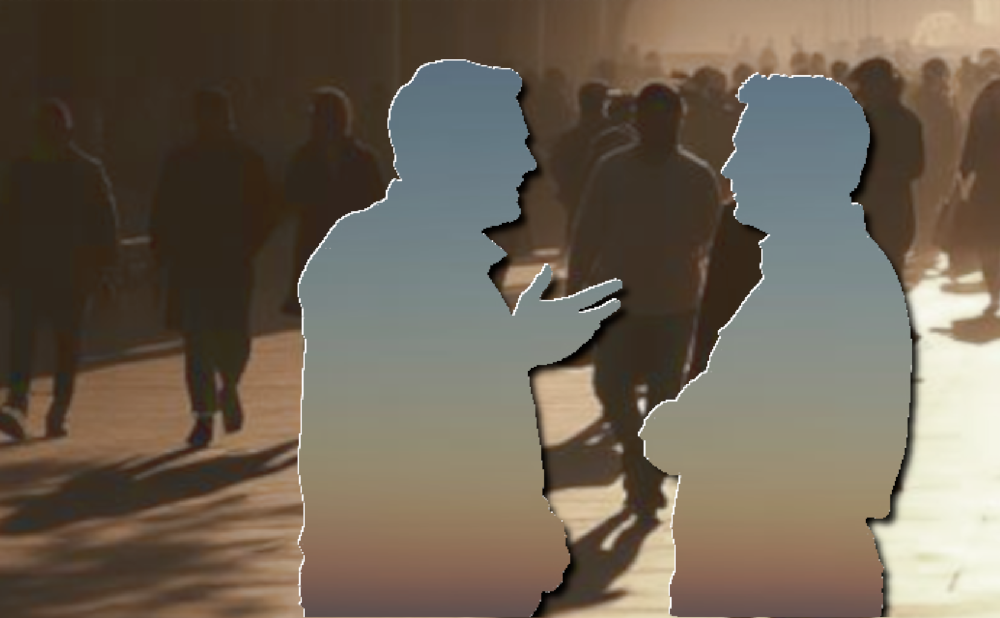There is a tendency to think of lonely people as isolated. Sometimes this is true, but more often than not, that isn’t the case at all. Isolation is certainly a contributing factor to loneliness, but what about people who are surrounded by friends and family and still suffer from the condition? Does it really happen that often? And even worse: can it be happening right now to the very people we know and love?
These problems came to my attention when I began reflecting on weekly conversations with a longtime client, Gerald1. A middle-aged man of wit and verve, Gerald didn’t immediately strike me as someone who would be lonely in any circumstance. He had many friends, a big family and a convivial personality that lent itself to easy conversation. He was usually telling outsize stories, and I often found myself genuinely entertained and laughing whenever he was on the line. There was never any shortage of amusing situations that he found himself in to recall, and the time always flew by, so I had no trouble imagining that he was lively company and had probably always attracted many friends, acquaintances and workplace relationships. We had been talking for several years, and none of his mannerisms appeared to be an invention for my benefit. He was the very last person I would suspect of suffering from loneliness.
However, I came to understand over time that Gerald, was, in fact, one of the most isolated people I knew. He was hiding in plain sight. While he was true in nature, he had nevertheless cultivated a bit of a facade, and one that I suspect many other people hide behind. Having many friends, he still wasn’t able to share his true burdens and fears with them. He was a hostage to his own bright personality: he felt trapped in a certain role he’d created for his friends and family. Perhaps “role” is too strong a word. Gerald wasn’t acting; he truly was that outgoing, strong character. Yet he still had the same fears and worries that claim us all from time to time. In Gerald’s case, he had quite a few things that had begun to pile up slowly over time, and then crept in more and more, and the biggest dealt with the sickness of his wife. Even as his wife’s health failed and Gerald’s terror at her decline gnawed at him, he didn’t have an outlet to express his concern. His image of himself was as the strength of the family; it would not do for him to break down in front of them. His role in his friendships was as a happy-go-lucky type, not a downer. Gerald loved his life, but he had longtime relationships that did not allow for him to seek emotional support from others, even when he needed it most. Instead, he suffered in silence rather than break this role.
It was only through established trust that I was able to speak to Gerald about the need for him to open up. Even he didn’t realize how lonely he truly was until he began to talk. Like the breaking of a dam: a trickle at first and then a veritable tower of water gushing when freed from constraints, his long suppressed emotions came pouring forth. Unlike a dam, however, these emotions seem to well endlessly and need constant attention. Conversation in a safe space is the only remedy. “You’re just about the only one I really talk to,” he told me recently. Wistfully. I wondered if he might consider changing that, but he wasn’t ready. At least not yet. I wonder if his family has any idea of how much depth is in their father/uncle/brother/grandfather/son.
Do you know how much is in yours?
- Not his real name ↩︎



